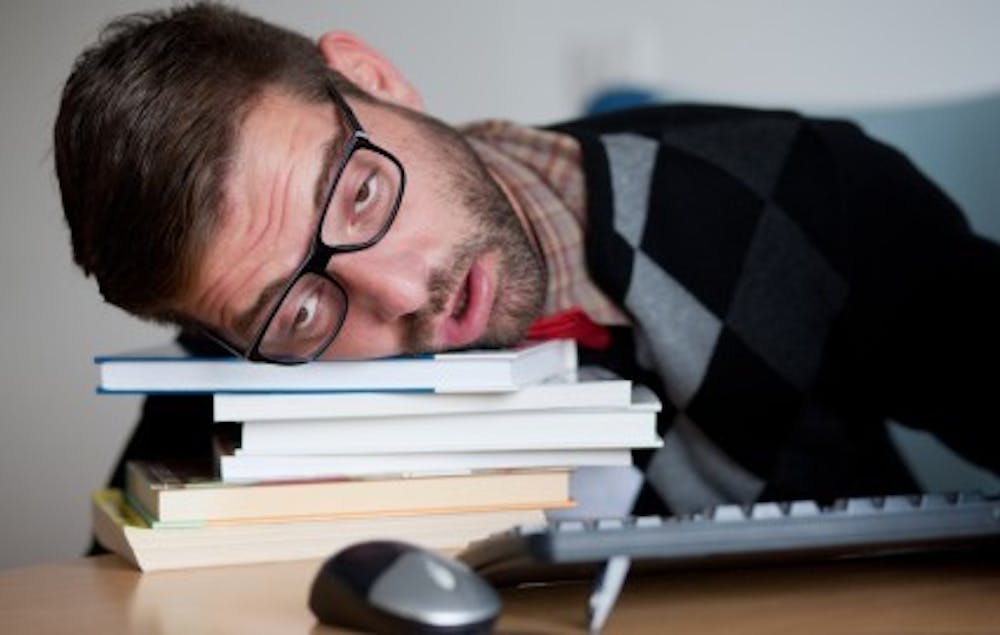For most college students, sleep deprivation is a frustratingly familiar enemy. Medical professionals recommend seven to nine hours of sleep per night; however, on average, one in three adults fails to meet these standards.
Sleep deprivation can lead to drowsy driving and occupational errors that are responsible for hundreds of thousands of deaths and injuries each year in the U.S. alone. As such it is seen as a significant public health problem.
Long-term sleep deprivation is also linked to higher risks of a multitude of diseases and disorders, such as obesity, diabetes, hypertension, heart disease and stroke.
So sleep deprivation is undoubtedly bad, right? It turns out there is more to it than first meets the eye. In fact a study back in 1990 observed that sleep deprivation reduced symptoms of depression in some depressed patients.
After nearly 30 years since this first discovery, a study at the Perelman School of Medicine at the University of Pennsylvania sought to better understand and quantify this surprising finding.
In the study they aimed to answer the question of how effective sleep deprivation treatments are and which kinds of populations should use them.
The research team, led by research psychologist Elaine Boland, reviewed more than 2000 studies. They narrowed down the final group to 66 studies that were published over a period of 36 years. By extracting data from this group, they concluded how the anti-depression effects from sleep deprivation are affected by several factors.
These include the type and timing of sleep deprivation (whether the subjects had no sleep at all or had early or late partial sleep deprivation), the sample from a clinical perspective (whether the patients have depressive episodes, manic episodes or both), medication status (whether or not patients are on antidepressant medication already), age and gender.
The results show that sleep deprivation is effective for a multitude of different populations with different backgrounds and conditions.
They found almost an equal response rate to the sleep deprivation treatment regardless of how the treatment was administered, the type of depression the patient was experiencing, and other variations in the experiment and the subject.
Partial sleep deprivation, which consisted of sleeping for three to four hours followed by being awake for 20 to 21 hours, was as effective as complete sleep deprivation, which consisted of being deprived of sleep for 36 hours straight.
Roughly half of all the patients with depression who received this treatment experienced a rapid reduction of symptoms of depression.
The authors of this study emphasize that it’s important to continue research in this area to find out exactly how sleep deprivation causes quick and profound reduction of depression intensity, in order to better understand the effect of sleep deprivation on mental health.
It would also be helpful to discover a way to determine which patients are most likely to respond positively to sleep deprivation treatment.





